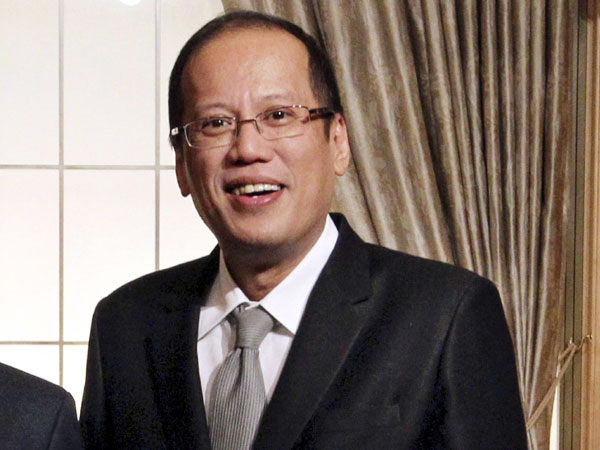On the invitation of President Hu Jintao, President Benigno Aquino III is leaving for China on Aug. 30 on a four-day state visit, the Department of Foreign Affairs (DFA) announced on Thursday.
In a statement, the DFA said Mr. Aquino’s trip was “seen as strengthening the over three decades of friendship and mutually beneficial relations” between Manila and Beijing.
Mr. Aquino “will be holding his first summit meeting with President Hu Jintao, which is expected to raise the level of Philippine-China bilateral relations to its highest level.
“The visit hopes to promote a people-centered partnership that would push for more trade, investment, media, culture, education and tourism exchanges between both sides,” the DFA said.
No sum total
Foreign Secretary Albert del Rosario told the Inquirer the trip “demonstrates that the West Philippine Sea (South China Sea) dispute is not the sum total of our relations with China.”
“China is a close neighbor, a good friend and an important partner. The Philippines and China have scores of people-to-people ties,” he noted in a phone interview.
Del Rosario said both governments were “doing everything possible to ensure a good state visit.”
“The bilateral talks I had with Beijing (last month) were intended to do the same. The recent visit here of Chinese Assistant Foreign Minister Liu Zhenmin was also intended to ensure a successful state visit,” he said.
Both countries have vowed to make sure Mr. Aquino’s trip “would be fully maximized in advancing relations in all aspects possible,” Del Rosario added.
“Among the highlights of President Aquino’s visit would be talks on the full implementation of the two nations’ Joint Action Plan, which is focused on strategic cooperation, and the road map and five-year plan on trade and investment development,” he said.
“A large (Filipino) business delegation is being invited to attract investment, trade and tourism. For this purpose, China has offered to organize a business forum during the visit,” Del Rosario said.
President Aquino met last week with Liu and Chinese Ambassador to Manila Liu Jianchao, both of whom relayed a message from the Chinese president.
Palace meeting
The meeting in Malacañang lasted almost an hour, said presidential spokesperson Edwin Lacierda who refused, however, to provide details.
The Chinese diplomats had requested that the meeting be kept under wraps, Lacierda said.
Raul Hernandez, the DFA spokesperson, said earlier that despite China’s repeated intrusions into the West Philippine Sea and its refusal to allow a United Nations tribunal to rule on the Spratlys dispute, Filipino officials were confident that ties with Beijing would not only improve but go to the “next higher level” with President Aquino’s visit.
Hernandez said this optimism was “bolstered by the commitment of both sides not to let the West Philippine Sea issue adversely affect broader bilateral ties while keeping communication lines open.”
“This confidence also stems from the commitment of both sides to fully implement the Joint Action Plan and to focus on advancing practical cooperation in all areas of our relations,” he said.
During a recent forum on the Spratly islands dispute at Ateneo de Manila University in Quezon City, Del Rosario asserted that a UN-sanctioned dispute settlement mechanism was the “only path to finally calming the troubled waters of the West Philippine Sea.”
